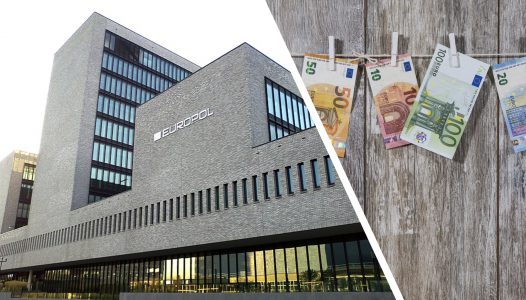Romanian and Moldovan authorities worked together to uncover an organised crime group (OCG) that has subjected more than 150 victims to financial scams since 2022. By selling a non-existent investment scheme, the group was able to gain access to their victims’ bank accounts. The damages resulting from their scam are estimated at approximately EUR 3 million. Following a joint investigation, supported by Eurojust and Europol, Romanian and Moldovan authorities were able to detain 12 people on 7 August.
The OCG started their scam by posting false advertisements on the internet that promoted an investment plan that would lead to secure, quick and substantial earnings in virtual currencies. To ensure the credibility of the advertisements, pictures of well-known people, logos of banks and specialised economic publications were added.
People clicking on the advertisement were led to a fake investment platform where the victims would fill in their personal information. To obtain even more personal data, the scammers, posing as financial actors, called their victims to gain access to their bank accounts. With access to the bank accounts, the group transferred sums of money and took over the possession of the victim’s virtual currencies. Through this scam, the OCG was able to gain approximately EUR 3 million.
Investigations into the scam started after victims in Romania reached out to the authorities. This resulted in the uncovering of an organised crime group in Moldova that was responsible for the scam. Investigations continued at Eurojust, where the Romanian and Moldovan authorities set up a joint investigation team (JIT) to work together quickly and efficiently to stop the OCG.
The coordinated actions led to an action day on 7 August during which 19 house searches were conducted in Moldova and evidence such as computers, data storage units, weapons and ammunition, and documents were seized. Moldovan authorities ordered the preventive detention of 12 suspects.
Europol supported the action day by setting up a virtual command post to coordinate the operational activities, providing live cryptoanalysis and cross-checks against Europol’s databases as the data was being collected in the field.
The following authorities were involved in the actions:
- Romania: Directorate for Investigation of Organised Crime and Terrorism – Central Structure
- Moldova: Prosecutor’s Office for Combating Organised Crime and Special Cases






